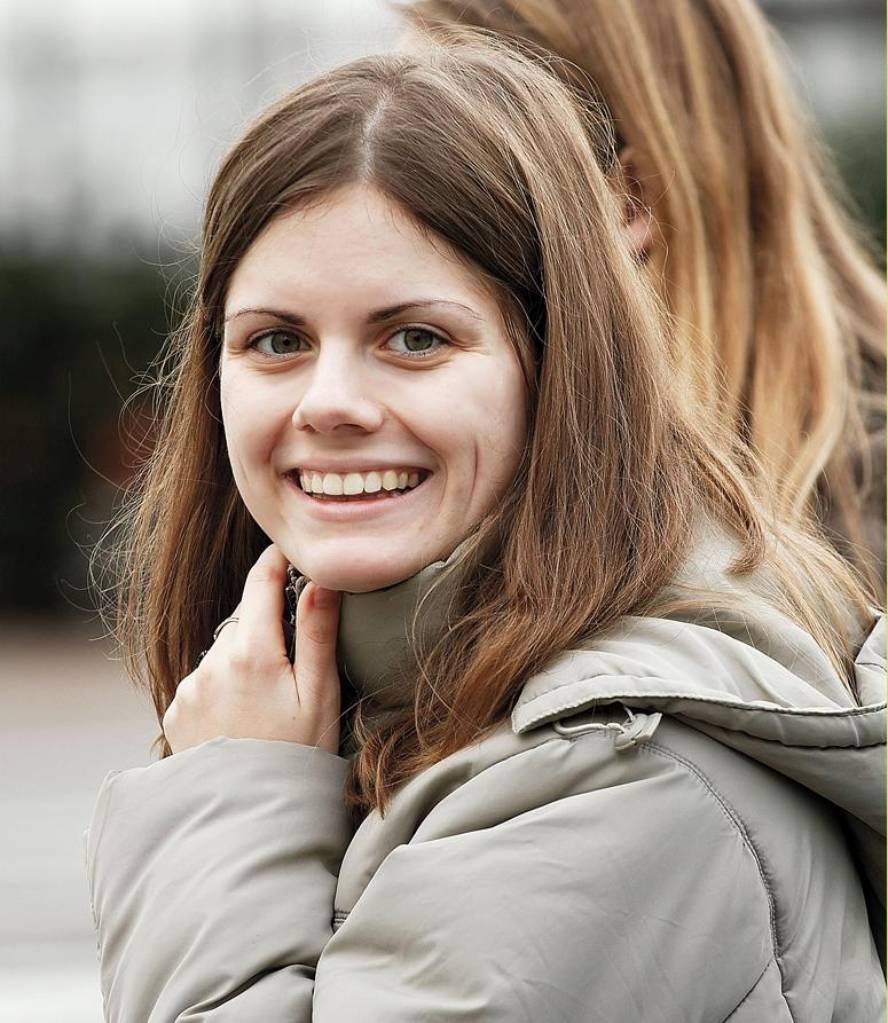Women have more ability to recover after facial paralysis
Specialists from the Department of Plastic, Reconstructive and Aesthetic Surgery of the Clínica Universidad de Navarra have shown that the female brain is adjusted and toned better than the male after a facial paralysis. It has been confirmed that once the surgical treatment has been performed, that is, the muscle transplant and the nerve transposition (joint of the muscle of the face with a nerve different from the affected facial), the women recover a spontaneous smile, unlike the men, and that, in addition, with more time, they can recover the movement.
Since 2000, 114 patients of both sexes have been treated with facial paralysis that will be published soon in the international specialized journal Plastic and Reconstructive Surgery.
As a surgical treatment of facial paralysis, muscles connected to the facial massage nerve were transplanted, among others. The massage nerve inert the massager muscle, muscle responsible for chewing, since the closing movement of the mouth is similar to that of smile.
Bernardo Hontanilla, director of Hontanilla, explains that they saw differences between men and women after treatment: "In the case of women, we saw that the brain was able to change the function of this nerve and not only chew, but smile without thinking. That is, they were able to differentiate the movements of smile and chewing. Men, for their part, smile when performing the closing movement of the mouth, which is done when chewing. So, they can only smile thinking."
The recovery time of patients with facial paralysis also varies according to gender. The specialist has indicated that time is always limited so that once facial paralysis has occurred, the joint with a nerve different from that affected by the muscle is effective. "In the bibliography it is said that if more than two years have passed since the paralysis it is obligatory to introduce muscle in the face, besides the nerve. We, however, saw that women regained the movement of the face, even after five years, and only made the nerve. In the case of men, what was mentioned in the bibliography was fulfilled", explains the doctor.
Specialists do not know why women have greater brain plasticity and why they have more time to recover from paralysis. However, they are looking for causes. "We are studying with magnetic resonance to patients with facial paralysis; we are measuring the activity of the brain to represent by resonance the observed plasticity," explains Hontanilla. As for the recovery time, "it is possible that the hormones of the environment -explains the specialist. In experiments with animals, it has been observed that the surrounding hormones influence the healing of the nerves. Therefore, the difference observed between men and women could be related to this."






